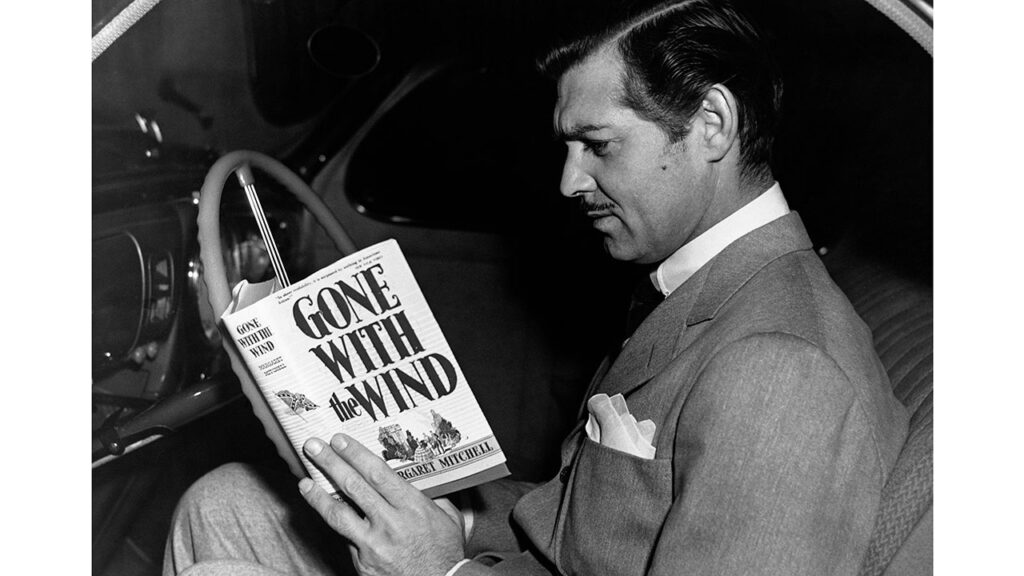On June 30, 1936, author Margaret Mitchell published the American classic novel “Gone with the Wind”. This 1,000-page novel is set in Georgia during the Civil War and Reconstruction era, telling the story of Scarlett O’Hara, a southern belle who experiences a loss of wealth during the war. The book became a huge success, becoming the bestselling fiction book in the United States in 1936 and 1937. Mitchell, who was born and raised in Atlanta, tragically passed away in 1949 at the age of 48 after being hit by a taxi. “Gone with the Wind” was her only published novel during her lifetime.
Despite its popularity, “Gone with the Wind” has faced controversy in recent years. In 2020, the movie adaptation was removed from HBO Max due to its racist depictions, following the death of George Floyd. WarnerMedia announced that a disclaimer would be added to the film addressing these issues. A 2022 edition of the book also came with a warning about its contents, particularly the representation of slavery and stereotypes.
Publisher Pan Macmillan described the problematic elements in the novel, stating that it romanticizes a dark era in history and features racist and stereotypical depictions. However, they emphasized that the text remains true to the original language and period in which it was written. Despite the controversy, a Harris poll in 2014 found that “Gone with the Wind” was the second favorite book in America, following the Bible.
The film adaptation of “Gone with the Wind” was released on December 15, 1939, less than 3.5 years after the book’s publication. It went on to win eight Academy Awards at the 1940 Oscars, including Best Picture. This movie was also notable for being the first color picture to win Best Picture, according to the Academy. Actress Hattie McDaniel, who played Mammy in the film, became the first African American to win an Oscar for Best Supporting Actress.
Despite her historic win, McDaniel faced discrimination at the Academy Awards ceremony. The event took place at the Cocoanut Grove nightclub in The Ambassador Hotel, a Whites-only establishment. McDaniel was not initially allowed to sit with the rest of the cast, and special arrangements had to be made for her to attend the ceremony. This incident highlights the racial challenges faced by black actors in Hollywood at the time.
In conclusion, “Gone with the Wind” remains a significant work of American literature that has sparked both admiration and controversy over the years. Mitchell’s depiction of the South during the Civil War continues to captivate readers and viewers, but its portrayal of slavery and racial stereotypes has raised important questions about representation in popular media. Despite these challenges, the enduring popularity of “Gone with the Wind” reflects its status as a cultural icon in American history.












